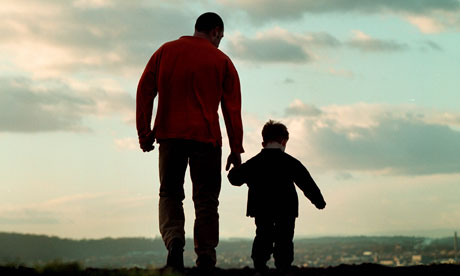
“Daddy, what did YOU do in the Great Climate War?”
“Well, son. I voyaged up to the Arctic Circle in a nice big boat with a bunch of installation artists, mime practitioners, YouTube cat short specialists and climate scientists on an all-expenses trip to make a documentary called The Earth Is Weeping: Feel Her Pain. My contribution was a Concerto for Gamelan and Nose Flute entitled Swan Song Of The Melting Polar Bear.”
“Gosh, Daddy, it sounds like you made a really important contribution to raising awareness of Climate Change!”
“Oh, I did, son. I did. But the competition was stiff. Let me tell you, by the mid-2010s you could barely move in the Antarctic or the Arctic for self-proclaimed artists and explorers and “climate” “scientists” making utter dicks of themselves in the name of saving the planet from the deadly threat of ManBearPig. There was the Ship Of Fools expedition of 2013. And sundry expeditions conducted under the name Cape Farewell Project, in which luminaries such as Martha Wainwright, Laurie Anderson, Jarvis Cocker, Cormac McCarthy, Feist and “comedian” Marcus Brigstocke sailed north in order to create meaningful art projects on the theme of climate doom.”
“Wow, Dad. How could your Concerto for Gamelan and Nose Flute possibly compete with such rampant pretentiousness and pseudery?”
“Son, it gets worse. There was a film – a Danish film called Expedition To The End Of The World. It got reviewed very favourably in Salon. That was the moment when I knew for me that the Great Climate War was over. Frankly it made me feel like a rank amateur.”
“Gosh. It sounds terrible.”
“Let me quote from the Salon review to give you an idea.”
Set alternately to Mozart’s “Requiem” and blasts of Metallica, “Expedition” is like a stoned camping trip to an unimaginably distant location, where your companions are a group of brilliant intellectuals, artists and scientists. No underlying premise for the mission is ever spelled out, nor is the provenance of the antique vessel ever discussed. As for the mind-altering substance on this voyage, it’s not weed or LSD – although the movie does not show us everything that happens on shipboard at night – but the extraordinary setting, a pristine Arctic landscape of sea, land, ice and sky so isolated that it has never been mapped or explored. Climate change has opened the fjords of Greenland’s northeastern coast to marine traffic for the first time in recorded history, and the members of the Danish expedition were among the first human beings to enter them in thousands of years.
“But, Dad. That makes it sound like the Citizen Kane of crappy eco documentaries!”
“And I haven’t even got to the polar bear scene yet.”
“Tell me what Salon says about the polar bear scene.”
“Listen carefully son. You won’t believe your ears.”
After finding polar bear prints and scat they finally encounter one actual bear, an animal who appears half-starved and confused by the Greenlandic summer, which has rendered the fjords ice-free for a few weeks each year, for the first time in human memory. He has ransacked a remote cabin left behind by other explorers or scientists – the only human structure we see in this entire film – eaten the entire cache of canned foods and chocolate bars, and left behind a potent stench of polar-bear urine and excrement. If it’s possible to read the moods of a wild animal, this one seems both bewildered and enraged; it’s almost as if he understands on some instinctive level that the creatures who left this building and its peculiar treats behind are also responsible for his predicament.
“But, Dad. That sounds to me like a bear doing what bears will always do. Eating easily available stuff in preference to less available stuff. It’s hardly a sign of imminent climate doom.”
“Yes, son. Now you appreciate the genius of Salon. Its readers were so gullible they’d just believe any old crap. So long as the underlying political message was correct, they really didn’t care.”
“And what became of all those artists and documentary makers and climate scientists you speak of, Dad?”
“It wasn’t pretty. I did well to get out when I did. The others weren’t so lucky.”
“What happened?”
“Well I don’t know whether you’ve ever seen the South Park episode about Lemmiwinks the gerbil and Mister Slave. But basically they all re-enacted that journey on an epic scale. None of them ever came back.”
“Kind of tragic, given that the global warming they feared never actually came to pass.”
“I think they would have preferred the term “ironic”. They were those kind of people.”

COMMENTS
Please let us know if you're having issues with commenting.